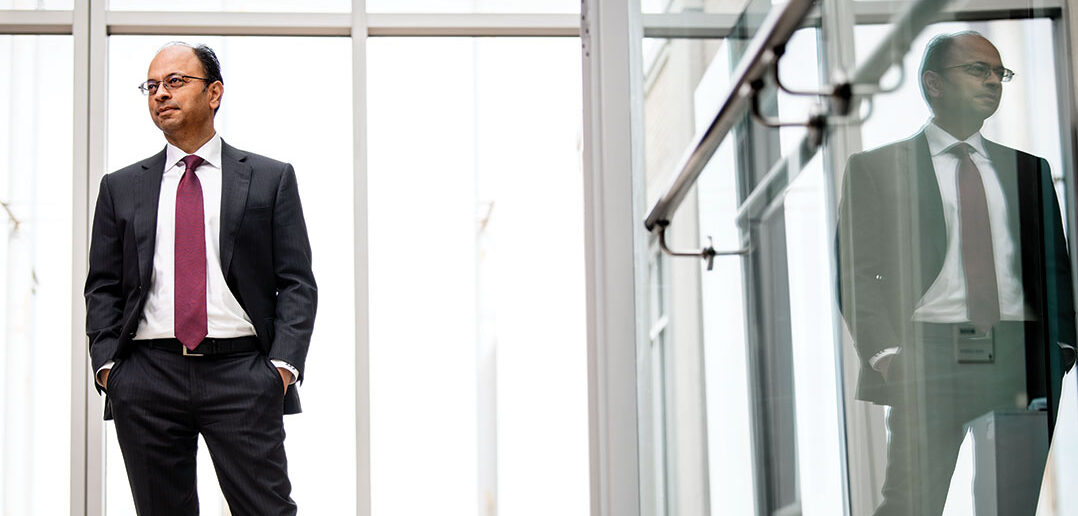Since the proposed merger between Lifespan and Care New England was blocked, what are your thoughts about the Medical School’s relationship with its key academic partners?
Simply put, the decision to block the merger was very disappointing. We have a Medical School with a positive trajectory, and you have two health systems that are each doing fine academically and clinically. What I learned in Cleveland was that each component individually can only rise so far, but an exponential leap is much more feasible working together.
In Cleveland, we had friction between the health system and the university medical school that came to a boiling point in 2016. There were hard feelings and a loss of faculty morale. It was a hard period in the community. I was asked to take on a leadership role within the university and the health system to try to at least keep research aligned between the basic science departments, who viewed me as one of them, and the clinical departments, who also viewed me as one of them. I took that job with apprehension. Fast-forward five years, and working with several committed colleagues, we were able to put in place a series of agreements on faculty support, intellectual property, and research space that culminated in an agreement reached on February 1, 2021, for a 10-year affiliation between the two institutions. It was a real team effort and I had the privilege of being the tip of the spear. Leaving Cleveland, I felt happy that I was able to give back to a community that gave me so much. I just hope we can eventually achieve a similar outcome here.
My dad has observed me through my four years of medical school—both the highs and the lows—and, through countless hours of discussion with me, has witnessed how much medicine has changed since he was a student and the unique challenges young trainees face today. Thus, my advice to him would be to remain open to honest and transparent discourse with students, and aim for collaboration. That’s not to say everything must be perfect, but in my experience, good communication is often the key to an amicable and supportive relationship between leaders and trainees.
—Nisha Jain, MD candidate, Class of 2022, Case Western Reserve University School of Medicine
What do you think made that cooperation in Cleveland possible, and would you try to bring it to Brown?
It comes down to the following statement: everyone agreeing that the North Star for both institutions was to engage in collaboration that would benefit the institutions, the broader biomedical ecosystem, and the Cleveland community. It sounds like mom and apple pie; how could you not agree with that?
But it is profoundly important because there are always rough points in negotiations. At times you have to go back to your North Star—whatever we’re going to do, it’s got to help all of us, especially our community.
I have tried to convey the importance of this to my colleagues in Providence—how invigorating it can be for the biomedical community when they can sense a unified vision and people working together, not for their individual benefit, but for their collective benefit.
One of my favorite memories of him was when I was probably 5 or 6, coming to my grandparents’ house early one morning and he was sleeping in from studying long hours the night before. I started jumping on his bed like a typical kid and woke him up. He promptly started wrestling me to the bed—akin to Bruce Smith (the famous Buffalo Bills defensive end) sacking a quarterback. He grew up in Buffalo, and he taught me football because we visited him and my grandparents often. Now, there are pretty active text threads on Sundays in the fall. I think the memory is so important to me because before I knew anything about medicine or science, he was just a great uncle.
—Rajan Jain, MD, assistant professor of medicine and of cell and developmental biology, Perelman School of Medicine, University of Pennsylvania
How did your family feel about your making the move to Brown and to Rhode Island?
They’re really supportive and excited. The Northeast is special for us because I still have two cousins that live in Boston and my wife’s dearest friend lives there, so she’s very excited. We had a great 16-year run in Cleveland and the community was great to us, but there’s excitement at multiple levels to be back.




